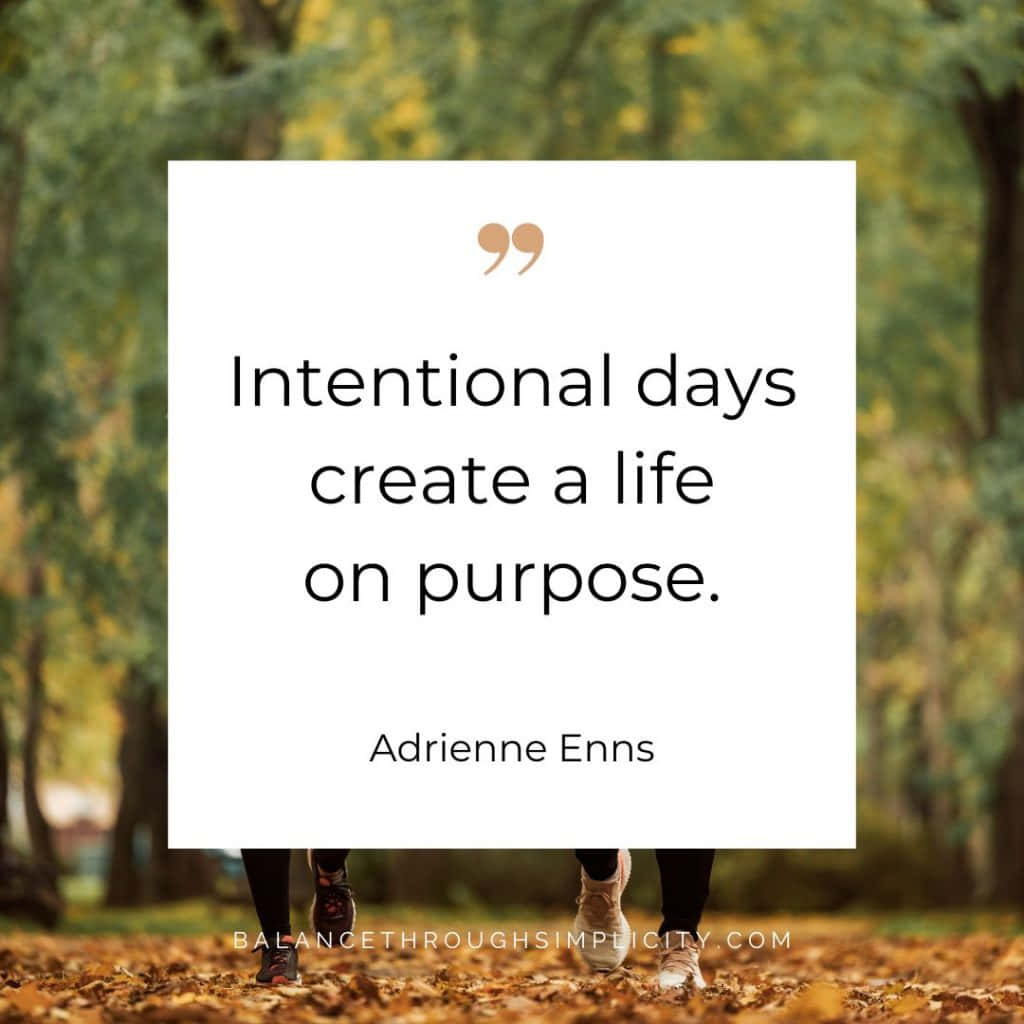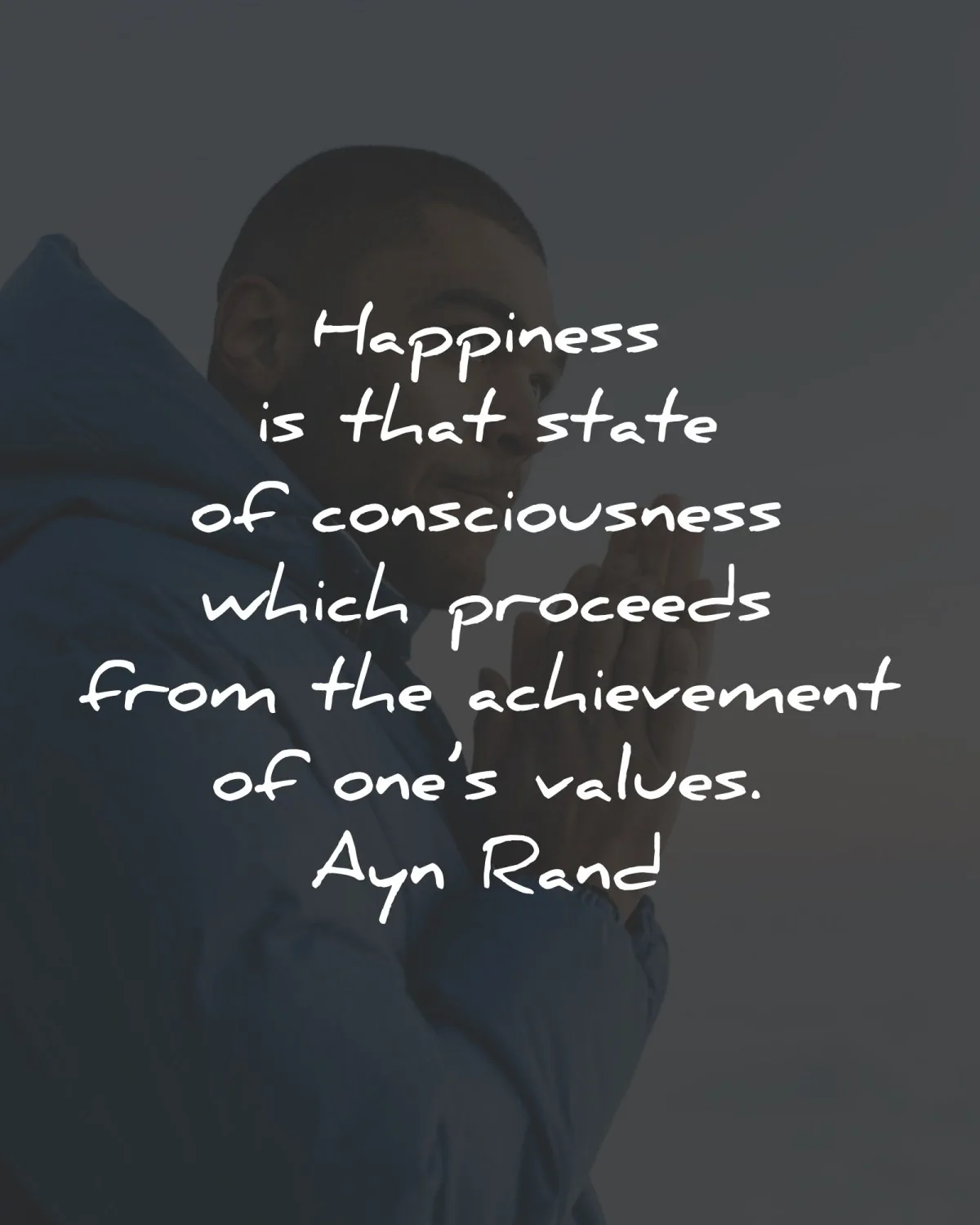
4/27/2025 - Suppose you were to place yourself in a state of intensified focus/concentration as outlined below vis a vis alpha state brain training. In this state of unusual focus and clarity, you simply absorb shorter- and longer-term charts of the overall market and the stocks that are on your radar: those that are "in-play". What you find is that ideas and insights come to you. When we look at the right things in the right way, we can experience the intuition and inspiration that underpin true conviction. We can train our brains in pattern recognition.
4/25/2025 - Every item on our daily calendar has the potential to train our brains for success. When we intentionally push ourselves beyond our initial fatigue points, we find what philosopher William James called our "second wind" of consciousness. We have much more in reserve than we realize we have. This can be observed when we tackle something very meaningful and important. Suddenly, where we might have been feeling a lack of energy, we find plenty of inspiration and drive. If we use each daily activity to challenge our comfort zones, we find that we can exercise and develop our capacity for purpose just as we exercise and develop our bodies.
4/23/2025 - A cornerstone of most writing/teaching/coaching on the topic of trading psychology is that emotions--and behaviors driven by emotional impulses--interfere with successful trading. By that logic, if we can learn to control our emotions and ground ourselves in our trading plans, we are most likely to be successful.In this post, I will explain why this is incorrect. My forthcoming book, Positive Trading Psychology, will cover this topic in detail.
Consider: If we possessed total free will, there would be no need for any kind of performance psychology. We would be able to choose the right actions at the right times and optimize our performance. Conversely, if we lacked free will altogether, there could be no work on our performance. No animal, for instance, can purposefully work on its survival behaviors.
What makes us unique as humans is that we possess partially free will. We have the ability to envision a future and select actions to bring us to our desired state. We also have the ability to become distracted from our goals and live life aimlessly. We demonstrate the capacity for intention, but we lack consistent intentionality. In the words of Russian philosopher G. I. Gurdjieff, we live much of life "asleep". Summarizing Gurdjieff's work, author/philosopher Colin Wilson asserts that "Western man's concept of knowledge is built on a fundamental error: the notion that the acquisition of knowledge only requires intelligence. It requires, in fact, a kind of action. Consciousness needs to be put into its 'active gear'" (p. 64).
In short, we lack full intentionality because we do not consistently operate in our 'active gear'. The challenge is not an excess of emotion, but rather a lack of training of the will.
A common response to this issue is meditation. If we can learn to control our bodies and our breathing, the logic goes, we will become more purposeful beings. My work on this issue suggests that this is not necessarily the case.
For a while now, I have pursued neurofeedback training (EEG biofeedback) to learn to sustain alpha brain wave states over increasing intervals. Using the Muse device and its app, I spend a predetermined period of time listening to the sounds of a rainforest. When my attention wanders and I go into beta mode, the rain sounds increase. When I focus with unusual intent and enter alpha mode, the rain slows and eventually stops. In a sustained alpha mode, I can hear birds chirping. The app tallies up the proportion of time spent in beta and alpha mode and also counts the bird chirps.
Interestingly, when I engage in basic meditation work during the biofeedback session (controlling my breathing and maintaining awareness of my body), I am able to remain very still (as measured by the app). I feel relaxed and emotionally calm. But I do not enter the alpha state. In other words, reducing the arousal of the body (just like reducing negative emotions) is not sufficient to maximize intentional focus.
After a sustained period of EEG training, reduced rain, and many bird chirps, I feel unusually clear and focused. It feels like being a detached observer of events rather than being involved in the world. Everything seems to move more slowly. That state is achieved, not by relaxing and being "present", but by effortfully intensifying my conscious focus to make the rain slow down and eventually cease.
Perhaps most important of all, when I'm in that detached state, my perception--of life and markets--is clearer and it's no problem whatsoever doing the right things. Purposeful action comes naturally, not with tiring effort.
Perhaps traders fail to follow their plans for the same reason that most of us fail to consistently pursue our life's goals. It's not that we're too emotional; it's that we operate with underdeveloped focus and intent. An intentional life--and intentional trading--has to begin by training our brains to sustain the "active gear" of consciousness. In a relative state of "sleep", we cannot sustain purpose. That requires ongoing training and practice, not the usual ministrations of coaching or self-help.
Further Reading:
Beyond Meditation: Using Biofeedback to Change Behavior Patterns
.




















